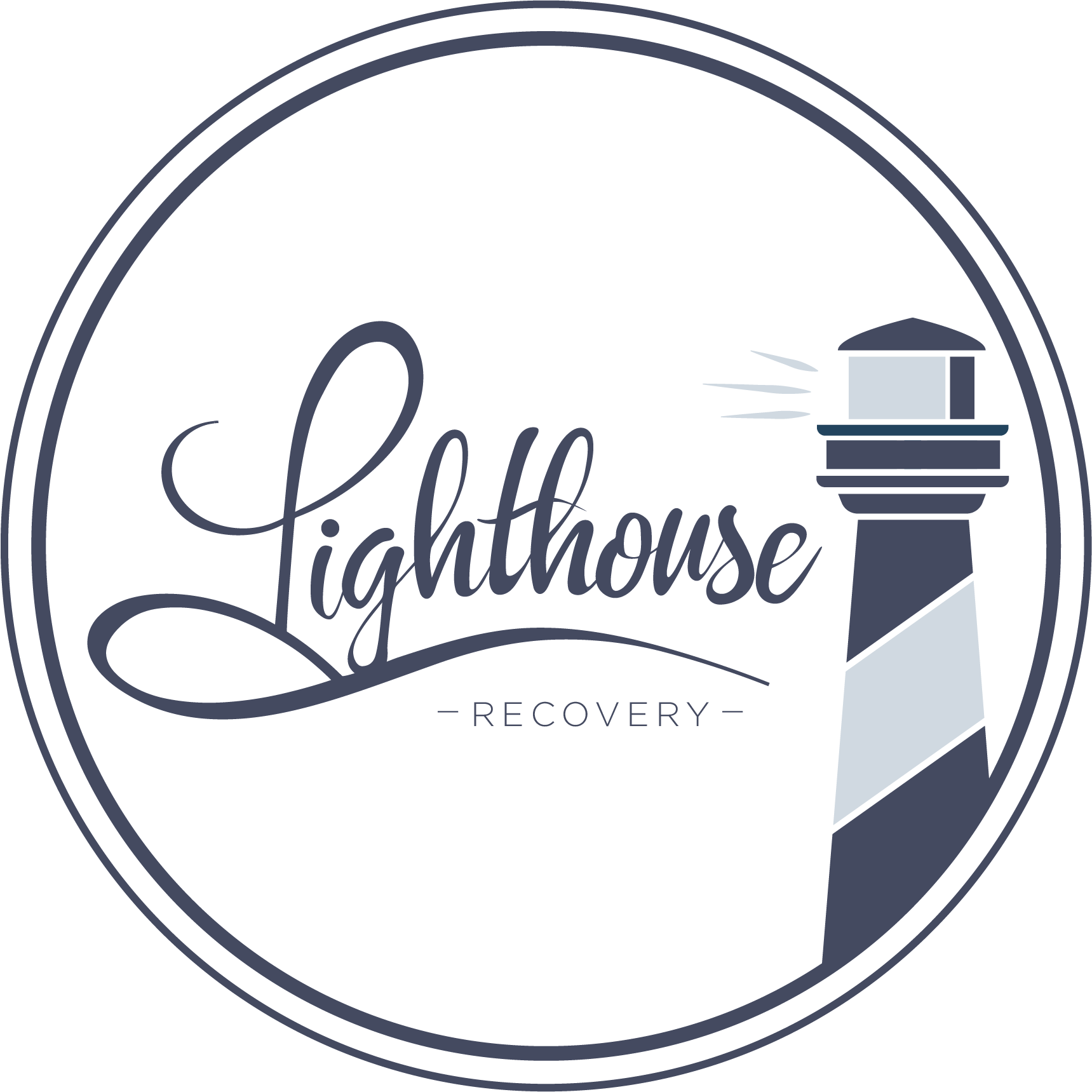Interventions
Understanding the importance of Interventions
Addiction is a treatable, chronic and deadly disease, as defined by the American Medical Association. It is unlike any other disease in that the person suffering from the disease doesn’t realize their condition is a problem. Modern medicine doesn’t have a “cure” to addiction, which makes the process more complicated. There are a variety of self-help groups and medically assisted treatments (MAT) available for addiction but the prerequisite to treatment is the substance abuser admitting they have a problem. Typically, the addict or alcoholic is the last person to realize they are in active addiction.
As the external problems start to pile up for the addicted individual – issues with relationships, the law and/or work, it becomes more apparent to loved ones that something needs to change. Most families dealing with substance abuse have exhausted their personal resources. In some cases, they’ve even utilized a variety of substance abuse professionals. Unfortunately, if the addicted individual isn’t ready to make a change, there is little that can be done, regardless of the level of care they’ve received. At Lighthouse Recovery, it is our goal to help your loved one realize that it’s time to make some changes; substance abuse doesn’t need to destroy their lives any longer.
Addiction affects the family unit as a whole, there is more healing that needs to be done than simply getting the addicted individual to treatment. The intervention process is the first step for the family in their healing process. It isn’t easy to ask for help while dealing with a family crisis, especially with the negative stigma around this disease. It might not be easy to ask for help, but it’s necessary. At Lighthouse Recovery, we empower each family – helping them realize they aren’t alone and can get through this difficult time.
For alcohol and drug addiction cases, we utilize the ARISE Comprehensive Care with Intervention model. This model focuses on the family as the client, rather than simply the individual suffering from substance abuse or alcohol addiction. Alcoholism and drug addiction are usually just the tip of the iceberg, we help address any underlying issues to ensure that the substance abuse doesn’t continue after treatment. The ARISE model is an evidence-based, best-practice continuum. It uses an invitational, non-confrontational approach in which the family communicates in a loving and caring manner with their loved one suffering from substance abuse or alcoholism. The ARISE process results in 83% treatment entry within 3 weeks of the First Call, with further admissions resulting over the following 6 months (Landau, 2010). Weekly meetings with the family consisting of educational topics including relapse prevention, healthy communication, setting boundaries and addiction as a disease continue while the substance abuse patient is in treatment. When the substance abuse patient leaves treatment, early recovery ambivalence issues are addressed.
